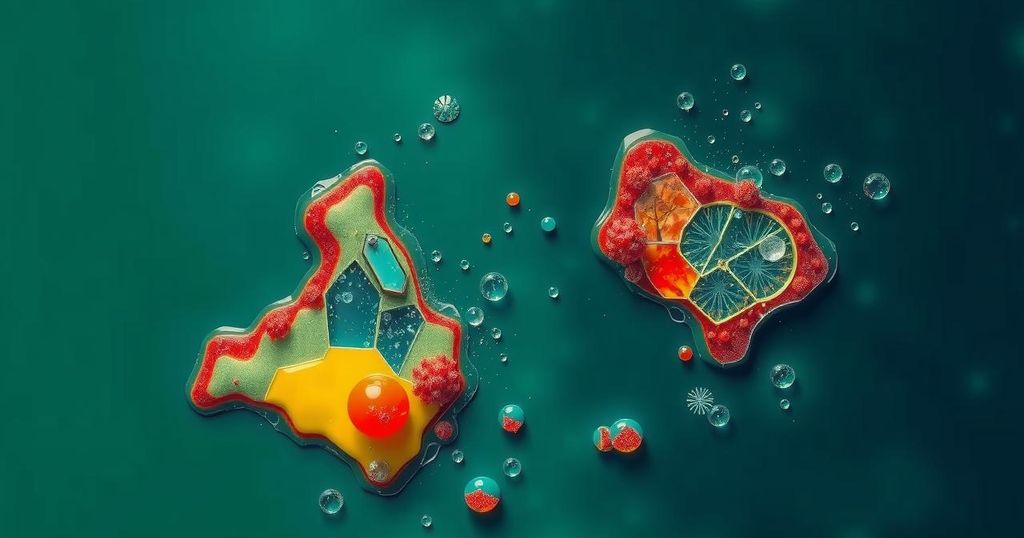Project 99 is focused on creating a national biological risk assessment tool for Seychelles and Kenya to identify and prepare for potential biological incidents. A five-day workshop is currently taking place, involving 30 experts who will explore various biological risks and emergency scenarios. This initiative is part of a broader effort funded by the European Commission to enhance biological incident preparedness in Eastern and Central Africa.
Project 99 is a collaborative initiative between Seychelles and Kenya aimed at developing a national biological risk assessment tool. This vital tool will assist experts in pinpointing key areas that require national biological risk assessment scenarios. A workshop currently taking place at the Savoy Resort and Spa in Beau Vallon brings together 30 experts from both nations across various sectors, including health and agriculture, to enhance biological risk preparedness. This endeavor is part of a larger European Union project focused on strengthening capacity and response to biological incidents in Eastern and Central Africa.
The primary objective of the workshop is to equip participants with the necessary skills to identify potential biological incidents that could occur over the next five years. As highlighted by Dr. Jimmy Melanie, a Seychellois representative, the training will facilitate the identification and mapping of biological risks amid robust developmental changes within these countries. The topics covered will encompass a range of biological threats, including zoonotic diseases such as avian influenza, as well as risks related to toxins and pathogens affecting both animal and human populations.
The project, funded by the European Commission and supported by the United Nations Interregional Crime and Justice Research Institute, will continue until 2026. During this period, experts will refine their understanding of potential biological threats and devise appropriate policy responses. Scott Spence, the project team leader, emphasized that the participants would gain valuable insights into identifying emerging biological threats. Furthermore, the workshop will examine worst-case biological outbreak scenarios, preparing stakeholders to respond effectively to any biological threats that may arise in the region.
Central to the discussions will be the incorporation of a ‘one health perspective’, which recognizes the interconnectedness of human, animal, plant, and environmental health. This holistic approach is essential for comprehensive risk assessment and effective governance of biological incidents, underscoring the necessity for collaborative efforts among diverse stakeholders, including non-governmental organizations and health experts.
Project 99 represents a significant collaborative effort aimed at enhancing the biosecurity of Eastern and Central Africa, specifically focusing on Seychelles and Kenya. The initiative seeks to build national capabilities to assess and respond to biological risks, ensuring better health outcomes for both human and animal populations. By facilitating workshops and expert training, the project aims to create a robust framework for identifying and managing potential biological threats, thereby strengthening regional preparedness.
In conclusion, the development of a biological risk assessment tool through Project 99 signifies a proactive step towards enhancing biosecurity in Seychelles and Kenya. The collaborative efforts of experts in various fields aim to equip the nations with the knowledge and resources necessary to respond effectively to potential biological threats. The emphasis on a ‘one health perspective’ further highlights the interconnected nature of health systems and the importance of integrated approaches to managing biological risks.
Original Source: www.seychellesnewsagency.com






